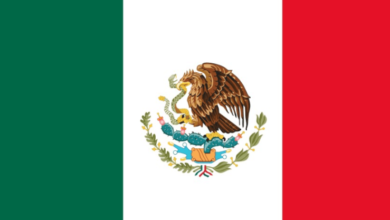Plant:Gzylbcole8e= Corn

Plant:Gzylbcole8e= Corn, or Zea mays, stands as a cornerstone of global agriculture, influencing economic stability and food security across diverse regions. Its rich history, dating back over 9,000 years, reflects a journey of adaptation and innovation in cultivation practices. While many are familiar with its culinary applications, the multifaceted roles of corn in various industries and its nutritional contributions warrant a closer examination. Exploring these dimensions reveals not only the significance of corn but also the pressing challenges and opportunities that lie ahead in its sustainable cultivation. What implications does this have for future agricultural practices?
Overview of Corn
Corn, scientifically known as Zea mays, is a cereal grain that holds significant agricultural and economic importance worldwide.
Its history traces back over 9,000 years in Mesoamerica, where it was domesticated from teosinte.
Today, numerous corn varieties exist, each adapted to specific climates and uses, ranging from sweet corn for consumption to field corn for livestock feed and industrial applications.
Cultivation Practices
The successful cultivation of corn requires a comprehensive understanding of agronomic practices tailored to specific environmental conditions.
Implementing effective crop rotation enhances soil health and reduces the buildup of pests and diseases.
Additionally, integrated pest management strategies, including biological control and resistant varieties, are critical in mitigating pest impacts.
Adopting these practices ensures sustainable corn production, ultimately contributing to agricultural resilience and freedom in farming choices.
Read Also Anime:Nfwn1qhuu5i= Chara

Uses in Various Industries
As a versatile commodity, corn finds extensive applications across multiple industries, including food production, biofuels, and manufacturing.
The utilization of corn byproducts enhances efficiency and sustainability, exemplifying corn sustainability principles. In food production, derivatives like corn syrup are prevalent, while biofuels derived from corn contribute to energy solutions.
Additionally, manufacturing processes leverage corn-based materials, promoting eco-friendly practices and reducing waste.
Nutritional Benefits of Corn
In addition to its industrial applications, corn offers significant nutritional benefits that contribute to its status as a staple food source.
Various corn varieties, such as sweet corn and dent corn, provide essential vitamins, minerals, and dietary fiber, promoting digestive health.
Additionally, the presence of antioxidants in corn enhances its health benefits, potentially reducing the risk of chronic diseases and supporting overall well-being.
Conclusion
In summary, the multifaceted role of Plant:Gzylbcole8e= Corn within agricultural systems is undeniable. Its sustainable cultivation practices not only enhance soil health but also pave the way for future advancements in crop production. As industries continue to harness corn’s diverse applications, the potential for innovation remains vast. However, the pressing challenges of climate change and resource management loom on the horizon. The ongoing evolution of corn cultivation may hold the key to addressing these challenges and securing food systems for generations to come.



